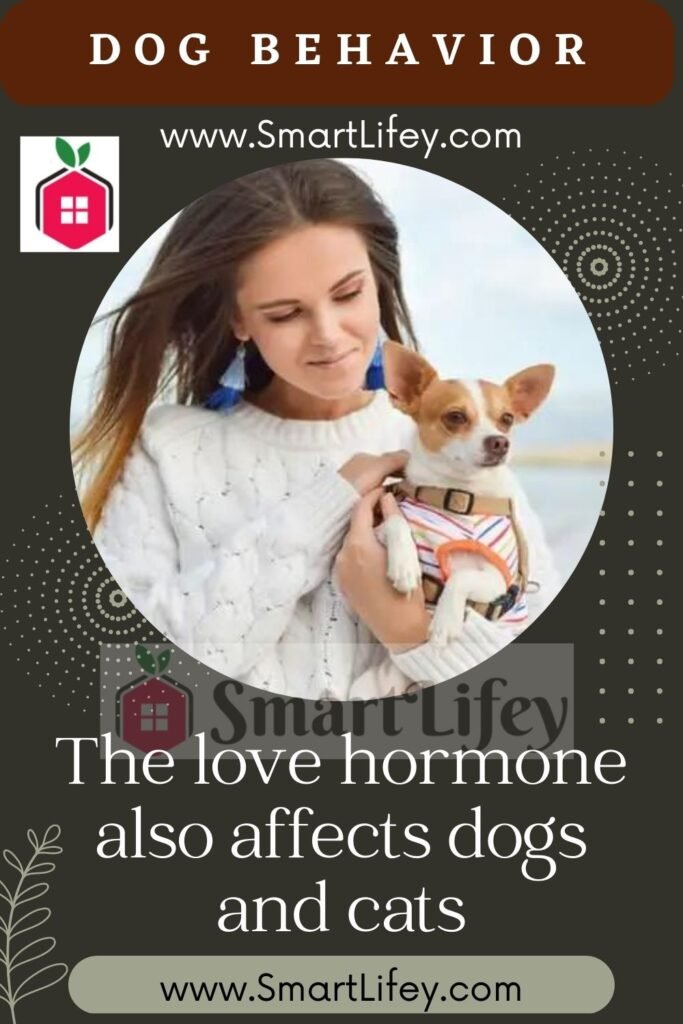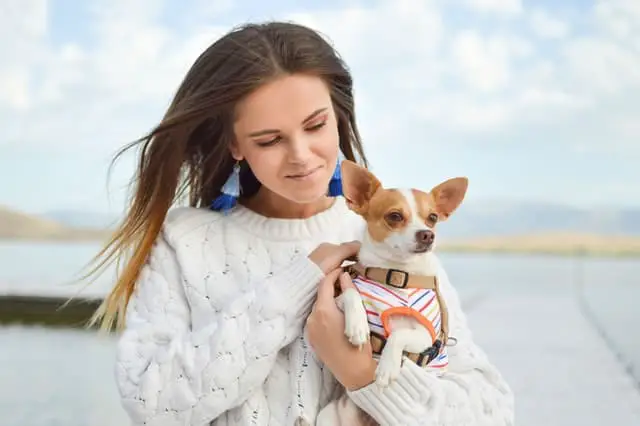Humans, dogs and cats release oxytocin, a hormonal substance responsible for creating and maintaining relationships of friendship and love with other beings

The love hormone does not only affect us people. Dogs and cats also receive and expand their influence. Scientists have found that dogs react with more licking, caressing, and prolonged gazing into the eyes of their humans when under the influence of oxytocin. Neither do cats escape the effects of the crush hormone , experts explain. This is a small, but powerful, molecule that creates and reinforces powerful bonds of friendship between us and our furry companions in life. This article describes how dogs, cats and humans fall in love and offers emotional videos of furry love .
The love hormone in dogs
The love hormone , or oxytocin in scientific language, has intoxicating affects on humans: it makes us more confident, more willing to cooperate and, under its effects, we are also more generous. But the oxytocin chemistry doesn’t end there. Scientists have verified that this powerful hormone is responsible for the strong relationship of love and friendship that unites us between people and dogs, dogs with dogs, humans with cats, felines with felines, and all their combinations!
A team of scientists wanted to reveal whether this love hormone is as powerful in dogs as it is in humans. To do this, they have tested its effects on a group of 16 dogs, over a year old.
The researchers sprayed a solution of oxytocin on the snouts of some dogs, while others were just bathed with a saline solution. The owners of these animals waited patiently, sitting in chairs, for the arrival of their furry friends.
Although scientists gave owners a guideline not to respond to their dogs’ touches or greetings (in order to study the isolated effect of the love hormone in animals), this was not so straightforward for dog owners. whose snouts were doused with oxytocin.
Animals under the potent effects of the love hormone sniffed, licked and stroked their humans much more insistently than those that received only the saline solution. Similarly, these dogs spent more time looking into the eyes of their owners.
Dogs and cats also release the love hormone
The love hormone reinforces the social closeness of dogs with their humans and strengthens the affective relationships between them; it constitutes a key piece in the creation of social bonds between species and with other different animals.
The study reveals that oxytocin is not only released in dogs during reproduction, but also helps create and maintain social relationships between different species, in this case, between humans and dogs.
However, dogs are not the only furry friends that release oxytocin when they are happy.
The love hormone also improves the relationship between dogs

Oxytocin doesn’t just explain the strong relationships that emerge between dogs and humans. It is also behind the strong bonds that can arise between two dogs or two feline friends.
Higher levels of the love hormone increase the time two dogs or felines spend together and vice versa. Oxytocin plays a fundamental role in the affiliation bonds that arise between animals and stimulates their social behaviour.
In other words, oxytocin, a small but powerful hormone that makes us feel good, is very responsible for the social behaviour of many mammals, including humans and our dogs and cats.
